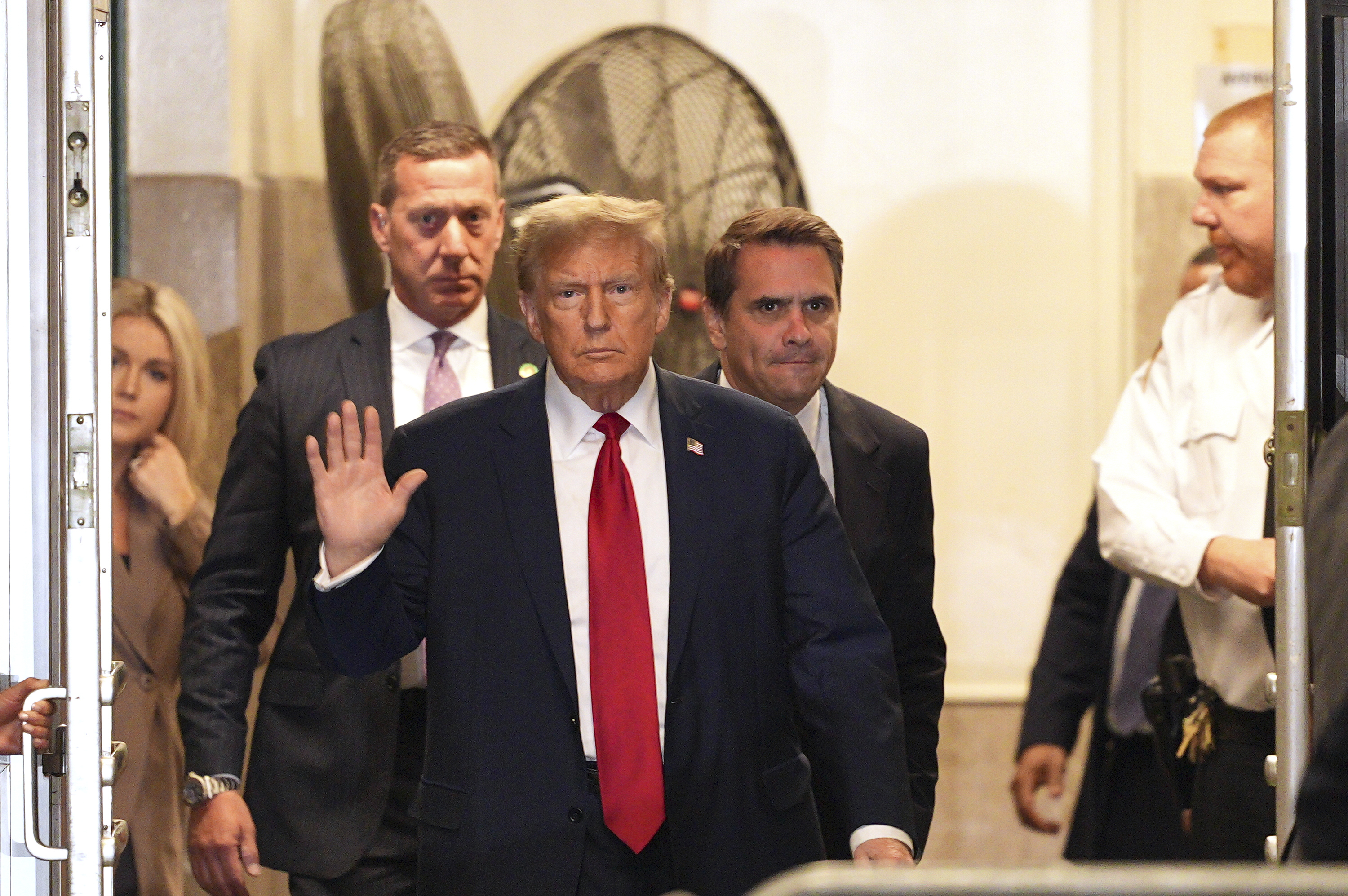On Thursday, House Speaker Mike Madigan called for cutting the state’s corporate tax in half.
The powerful Chicago Democrat's proposal drops the corporate income tax rate from 7 percent to 3.5 percent, setting the stage for $1.5 billion less in corporate taxes between now and the summer of 2015.
The move comes a day after Governor Quinn gave a State of the State address that made no mention of such a cut. The measure apparently took the governor by surprise, who didn't even seem sure he could support such a cut.
Sound familiar? If so, that's because Madigan’s latest gambit has the smack of political opportunism about it, a road we’ve been down before when it comes to politicizing corporate tax policy.
It’s no surprise that Madigan’s corporate tax call comes a day after Quinn was hammered by his Republican rivals for, among other things, mishandling the state’s economy by keeping taxes too high on business and individuals.
So what does Madigan do? Decides, apparently, to fix the problem all on his own.
It’s not the first time corporate tax policy has been made seemingly on the fly in Illinois. Or the first time Madigan has played the lone wolf on the issue.
Politics
In late 2013, state legislators rushed to consider as much as $88 million in corporate tax breaks amid news companies such as agricultural giant ADM, Office Depot and Univar were threatening to leave the state.
After two separate bills authorizing tax breaks passed the Senate but before the House took up the measures, Madigan came out and killed the idea, saying found it “difficult” to support requests by companies seeking tax incentives to stay or relocate in the state.
These and other examples are all part of a pattern in Illinois: tax policy is made primarily by politicians reading the political winds of the moment, and not with any comprehensive, coherent plan in place.
Take the state’s EDGE program. The Economic Development for a Growing Economy tax credit program lets a business claim credit against its corporate income tax in exchange for jobs and investments in the state.
A whole portfolio of companies have received the credits in recent years, including Sears, Motorola Mobility and Deere & Co., among others.
In fact, in 2011 businesses were eligible to claim about $161 million in tax credits, double the prior year, according to a Chicago Tribune analysis. At least one company, Motorola Mobility, qualified for millions in credits while still reducing its workforce in the state.
However, the biggest problem for the EDGE program in some people’s eyes is its essential unfairness. The Small Business Advocacy Council, for example, points out that the EDGE program essentially only applies to large corporations, credits aren't awarded in a consistent manner and participation is decided solely by one government agency.
Even worse, the state’s ad hoc corporate tax policy doesn’t seem to be doing the job it is supposed to do: grow the economy.
In 2011, the state increased the corporate tax rate 45 percent, from 4.8 percent to 7 percent. At the time, it was said the state needed the money to pay off a backlog of about $6 billion in unpaid bills.
Today, the state’s backlog of unpaid bills remains around $6 billion.
Apparently, since that didn't work, it’s time to try something different.
Anything, really. Just as long as it looks good come election time.



